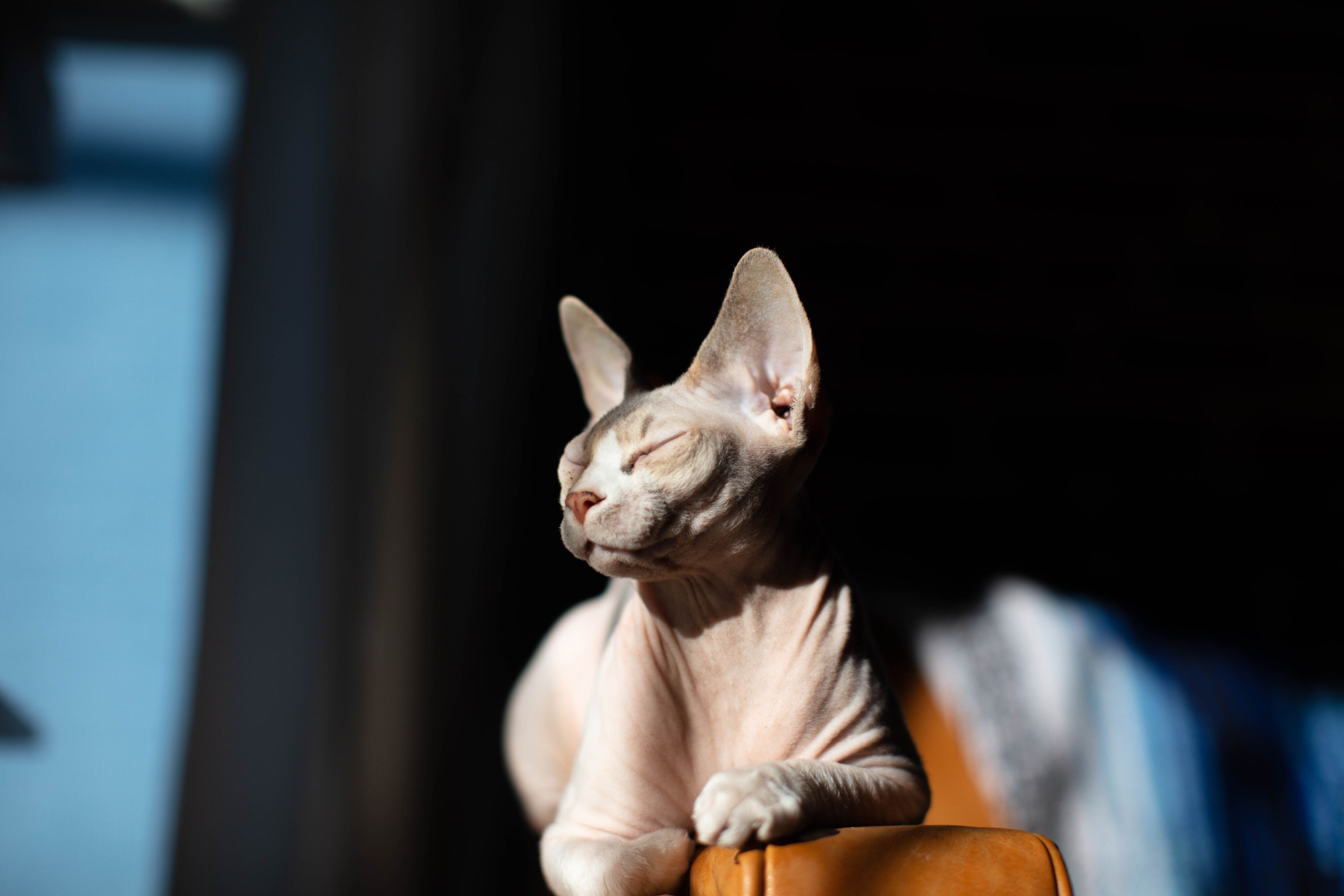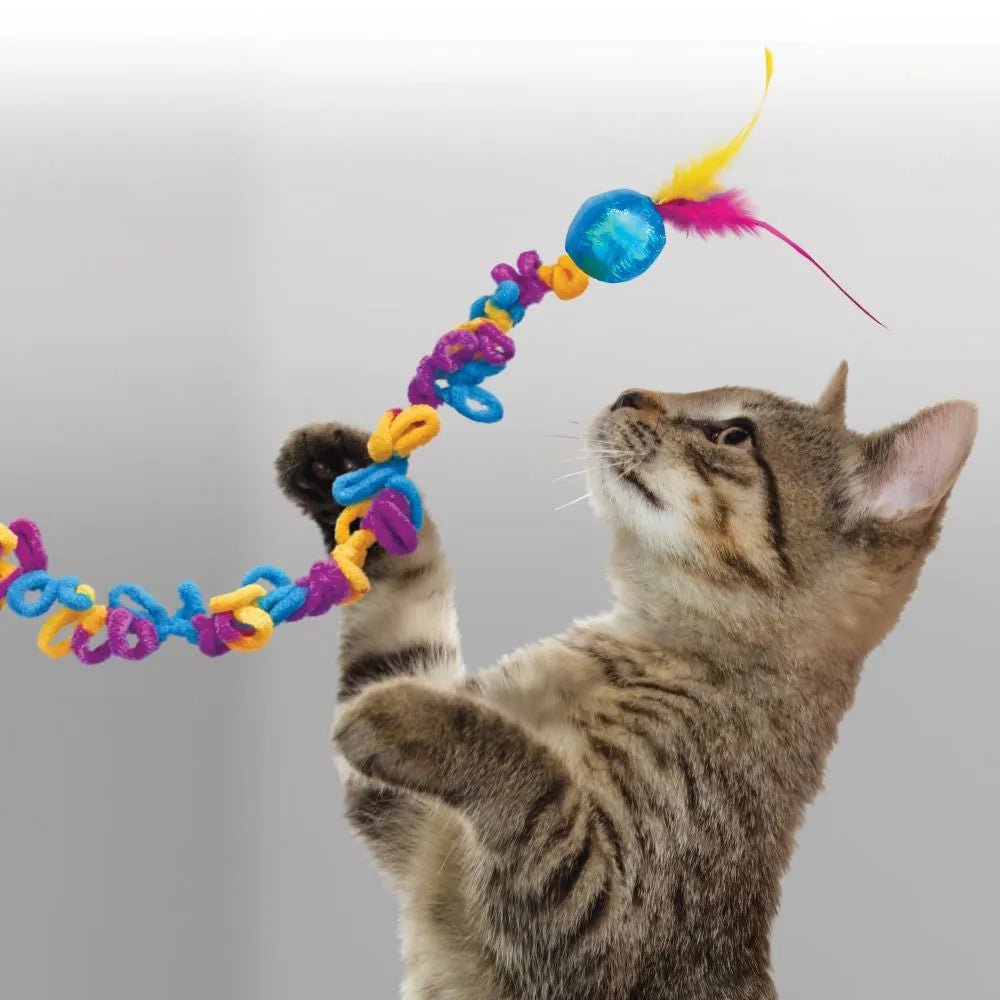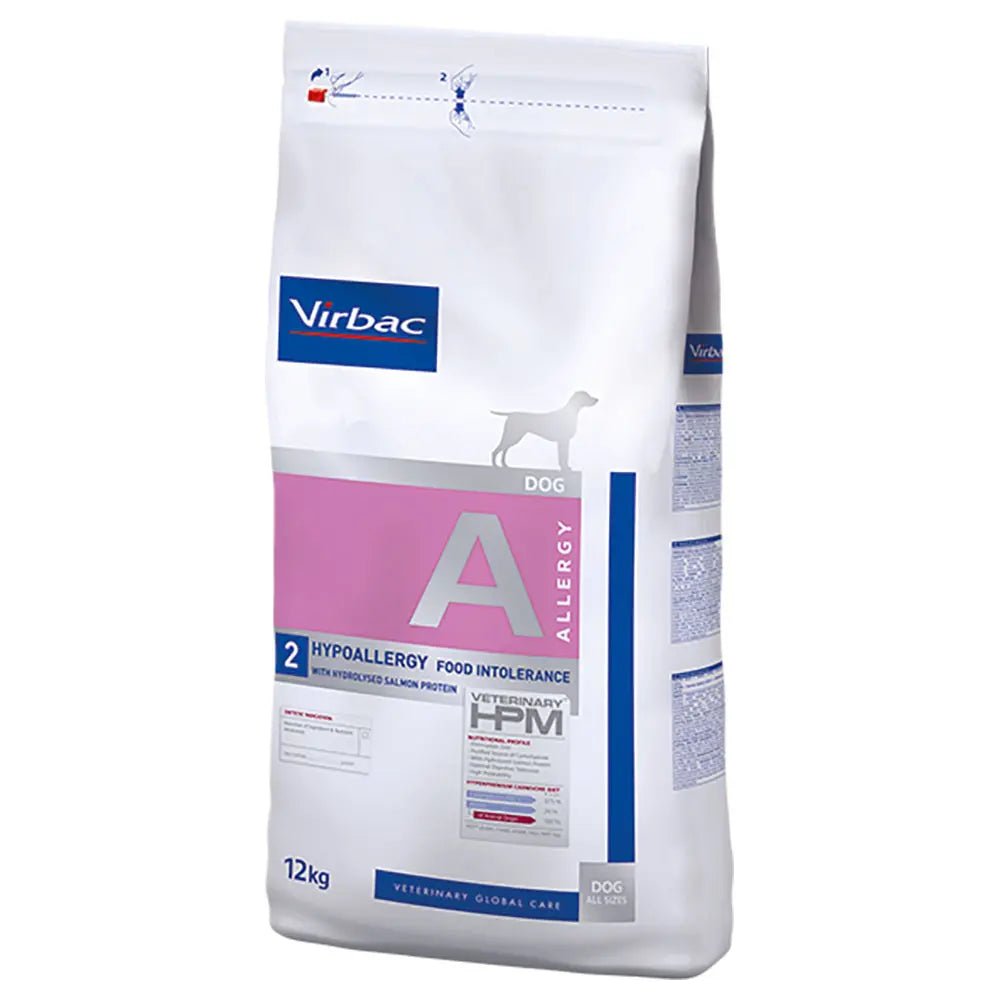The hairless Sphynx cat is a social, attention-loving and intelligent breed of cat . Are you wondering if a hairless Sphynx is the right breed for you? Read more about its personality characteristics, attention needs and health, as well as what you should consider in everyday life if you get a Sphynx cat.
race facts

Child-friendly

Attention needs

Energy level

Talkativeness

Fur care

shedding
Facts about the breed
The hairless Sphynx cat originated in Canada. It all started when a hairless cat appeared in the litter among the other short-haired kittens. The cat was hairless due to a genetic mutation - it had a recessive gene that is also found in other animal species such as dogs, guinea pigs and rats without fur. The hairless cat was later named Sphynx, as they had beautiful, prominent cheekbones like the cats depicted in the Egyptian hieroglyphs.
What can you expect as a Sphynx owner?
Personality
Personality
The lively Sphynx is a classic outgoing type, and loves attention and company. They will happily sit on your warm shoulders and be with you everywhere. Sphynxes are playful mischievous creatures, and are definitely not the type to hide when strangers come to visit. They are also highly intelligent and curious creatures. Sphynxes are known to meow, so if they have something on their mind, they will vent it to you without hesitation. Due to their modest amount of fur, they freeze easily and cuddle up close to you to keep warm. The fact that they are sensitive to temperature means that they are not the best choice if you like to air out your home with the windows open all year round.
Energy and attention needs
Energy and attention needs
If you want a Sphynx as your first cat, you need to be willing to spend a lot of time keeping it active and entertained. Since they are not suited to being outdoor cats on independent adventures, this means you need to put in some extra effort to ensure that your Sphynx is comfortable indoors. We are talkingcat toys , cat puzzles and challenges such as clicker training or fetch. You will find that your Sphynx prefers to be glued to you, partly to keep warm, but also because of its need for attention.
Health
Health
Size and appearance
It's easy to be fascinated by the hairless Sphynx cat, with its large ears and wrinkled skin. Although they don't have long fur, they come in many different colors and pattern variations via the different pigmentation on their bodies.
Weight
The male cat weighs around 3.5 - 5 kg, while the female Sphynx is somewhat lighter at 3-4 kg.
Lifespan
15 - 18 years
Hereditary diseases
Hereditary diseases in the hairless Sphynx cat include hypertrophic cardiomyopathy . The lack of fur also increases the risk of skin diseases such as urticaria pigmentosa , fungal skin infections , skin cancer and respiratory infections .
Fur care
Fur care
Although the Sphynx is described as a hairless cat, it has tiny downy hairs, like those on a peach. It does not exactly need grooming, but does require a lot ofcat care in the form of bathing. If the Sphynx is not bathed, you will notice that the body oil produced will clog the cat's pores and also form grease stains on clothes and furniture. How often you need to bathe your hairless cat will vary from cat to cat, but normal bathing intervals are weekly to monthly. Here it is important to get the cat used to water from a young age so that bathing becomes a stress-free affair.
Many people believe that the bare skin of the Sphynx means that they are hypoallergenic, but they still produce proteins that can cause allergies in cat allergy sufferers.
Food and nutrition
Food and nutrition
When choosing cat food for a hairless cat, you should choose a type of food that is adapted to the cat's health, age and lifestyle. Fortunately, these hairless cats are rarely picky about food, and will eat most anything and often a little more. Sphynx have a higher metabolism than other cat breeds. If you choose a quality food with a high energy content for your hairless cat, this will be optimal.
If you want to own a Sphynx, you should make sure to find a reputable breeder. How much a kitten costs will vary, but you can expect a price of between 15,000 - 20,000 NOK for a Sphynx kitten.
Having purebred cats as pets has become very popular, but unfortunately this has resulted in many unscrupulous breeders who engage in unethical breeding for profit. Therefore, it is important for you as a buyer to get information about how the cat was bred so that you do not contribute to cats with hereditary and serious diseases being born. If a purebred cat is sold without a pedigree, you will never know whether the kitten has been stolen, or whether illegal trade has taken place.
A serious breeder in a federation must follow strict requirements for animal welfare and health. Good breeders will also demand something from you to ensure that the cat has a good life. Remember to check if the breeder is registered through the Norwegian Cat Breeders' Association (NRR) / FIFe / TICA and that the pedigree, health certificate (and possibly the purchase contract and vaccination card/veterinary passport) are included.








